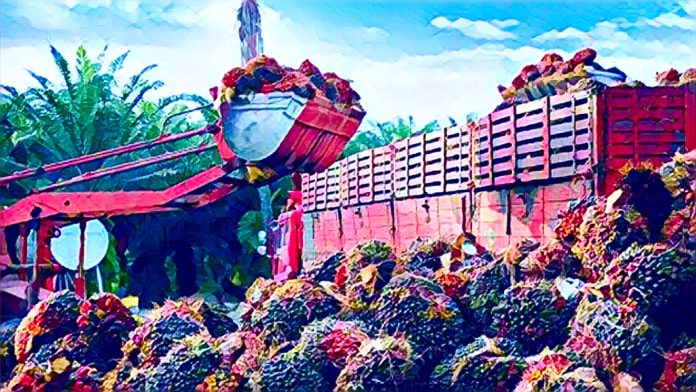KEY POINTS
- The government seeks to raise annual palm oil production to 5 million tons by 2027 through its initiatives.
- Private sector investments have significantly increased, exemplified by companies like Okomu Oil.
- Sustainable practices and community outreach are central to the industry’s revival efforts.
Nigeria, once a global leader in palm oil production, has been actively working to rejuvenate its palm oil industry.
The sector has been growing because of government support, private sector investments and sustainable practices, which aim to increase production for global market dominance.
Government initiatives and investments
The Nigerian government has launched several programs to revitalize the palm oil sector.
In 2019, the Central Bank of Nigeria (CBN) introduced the Oil Palm Development and Expansion Initiative, pledging substantial funds to support the industry.
The initiative targets to boost palm oil manufacturing capacity above half a million tons per year from the present 600,000 tons to reach 5 million tons by 2027.
Additionally, the government recently entered talks to join the Council of Palm Oil Producing Countries, as it wants to establish integration with worldwide palm oil standards.
Private sector engagement
Private commercial organizations actively participated in revitalizing the palm oil sector. Okomu Oil Palm Company Plc and other companies expanded their business operations which led increased domestic production levels.
In 2023, Okomu Oil reported a revenue growth of 26.61 percent year-over-year, reaching ₦75.108 billion ($50 million).
The investments lead to increased output while establishing new jobs throughout the areas where these enterprises operate and make a positive economic impact.
Sustainable practices and community involvement
The Roundtable on Sustainable Palm Oil (RSPO) maintains sustainable palm oil programs in Nigeria through community outreach initiatives.
The programs focus on training nearby farmers to practice sustainable farming methods while the palm oil expansion sector operates.
By promoting ethical business conduct and environmental safeguards, these initiatives strive to balance economic growth with ecological preservation.
Challenges and the path forward
Despite these efforts, challenges persist. Environmental challenges together with land disputes occurred mostly in the context of large-scale plantation operations.
The public disagreement between local populations and transnational firms demonstrates why organizations need to develop clear procedures to acquire land equitably.
The sustainable benefit of the industry depends on proper resolution of these issues.
In summary, the palm oil industry of Nigeria experiences a major upturn through combined action by the national government, private sector and international organizations.
Nigeria strives to become a leading palm oil producer worldwide through sustainable practices, community engagement and the solving of its existing difficulties.



